As the world's largest passenger aircraft, the A380 offers a truly unique flying experience.
Featuring two full-length flight decks, it has plenty of space to move around and large overhead bins, making it a favourite of passengers around the world.
The A380 also redefined luxury air travel, serving as the flagship of certain premium carriers. While Airbus no longer produces the A380, many airlines still operate it and Airbus will continue to support them.
Boarding an A380 is a unique experience that introduces passengers to superior standards of in-flight comfort. Combining the most advanced aviation technology and an inspired cabin design, Airbus is proud to have created an aircraft celebrated for its outstanding quality in every aspect.
Leading the industry in standards for innovation, experience and efficiency that carry through to today’s Airbus aircraft, the A380 is appreciated by passengers, pilots and crews alike.
The year 2025 marks the 20th anniversary of the A380’s maiden flight on 27 April 2005. This remarkable aircraft embodies Airbus’ pioneering spirit, introducing new technologies and designs that have helped Airbus to become a leading player in commercial aviation.
CHARACTERISTICS
The Airbus A380 is the largest passenger plane ever built, measuring 73 metres long with a wingspan of nearly 80 metres. It’s the only full-length double-deck aircraft, capable of carrying over 850 passengers in an all-economy layout. Known for its quiet engines, smooth ride and spacious cabins, the A380 offers an unmatched flying experience. Its unique design allows airlines to serve more passengers on long-haul routes with greater comfort and efficiency.
INNOVATION
Behind the A380's popularity is a catalogue of innovation that continues to influence commercial aircraft design. For example, this was the first time engineers had used a full digital mock up (DMU) to design an aircraft, setting a precedent. The A380 incorporated components made from carbon fibre reinforced plastic (CFRP), opening the way for their large-scale adoption on the A350. Key technological advancements include:
RESPONSIBILITY
The Airbus A380 raised the bar for environmental standards in the aviation industry with its low fuel consumption per passenger surpassing equivalent aircraft in size and passenger capacity, which results in more efficient and cost-effective operations.
Its innovative technologies reduce noise levels, as well as reducing CO2 and NOx emissions, innovations that have been passed on to future aircraft generations.
The A380’s advanced aerodynamic design, use of modern materials like lightweight composites and sophisticated engine technology improve fuel efficiency and performance, consuming about 3.1 litres of fuel per 100 passenger-kilometers (0.75 gallons per 100 passenger-miles).
INSIDE THE A380
Boarding the double-decker A380 is a unique experience that introduces passengers to superior standards of in-flight comfort, from first class to economy.
The world’s largest and most spacious passenger aircraft is a passenger favorite. With its unique cabin architecture and the quietest cabin in the sky, the A380 interior maximises passenger comfort, with a wider cabin, wider seats, higher standing height and more personal space.
Every window seat has a window, and the cabin features LED mood lighting and air exchange every 2-3 minutes to improve passenger comfort.
No other aircraft can have customised cabins, with lounges, showers and luxurious suites. It is no wonder that the A380 continues to be a passenger favourite.
Yes, we retrofit legacy systems (e.g., GE Frame 5, Siemens V94.2) with modern digital controllers, typically completing hardware integration within 4-8 weeks. Software migration requires additional validation time.
We recommend annual performance testing under ISO 3977-2 standards. Critical applications (e.g., offshore platforms) may require semi-annual tests with emissions compliance checks.
All rad-hard devices (e.g., FPGA, ADC) are QML Class V certified under MIL-PRF-38535 and tested to MIL-STD-883 Method 1019 for SEU tolerance. Full qualification reports are available upon request.
Our ASICs and power management ICs operate across -55°C to +175°C ambient temperatures, with derating curves provided in military temperature range (MTR) datasheets.
Our PMA parts (e.g., actuators, sensors) hold FAA/EASA Form 1 certification and match OEM form/fit/function. Installation requires SB/MB documentation per FAA AC 23.1529.
All NAS/MS fasteners include full DNA traceability: melt source (AMS 2301), heat/lot numbers, and AS9100-compliant MTRs with ultrasonic test reports.
AOG orders ship within 4 hours for stocked items (FAA-PMA, EASA Part 21G). Non-stock critical parts trigger priority manufacturing with 72-hour max turnaround.
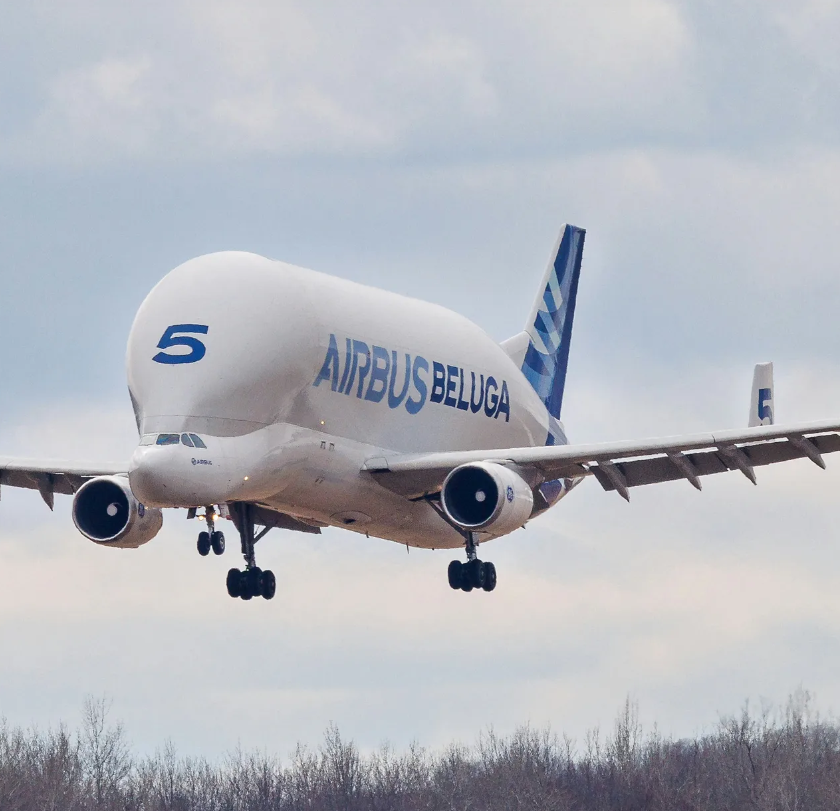
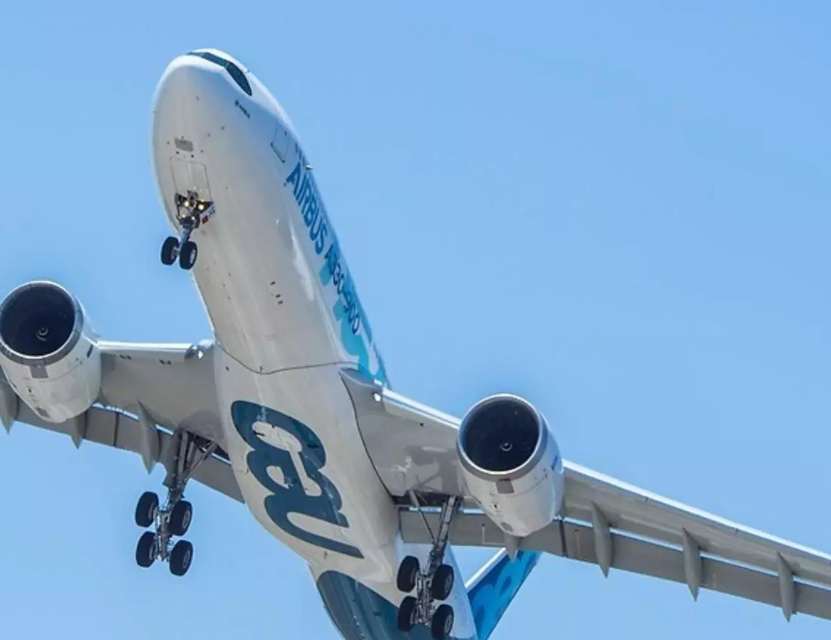
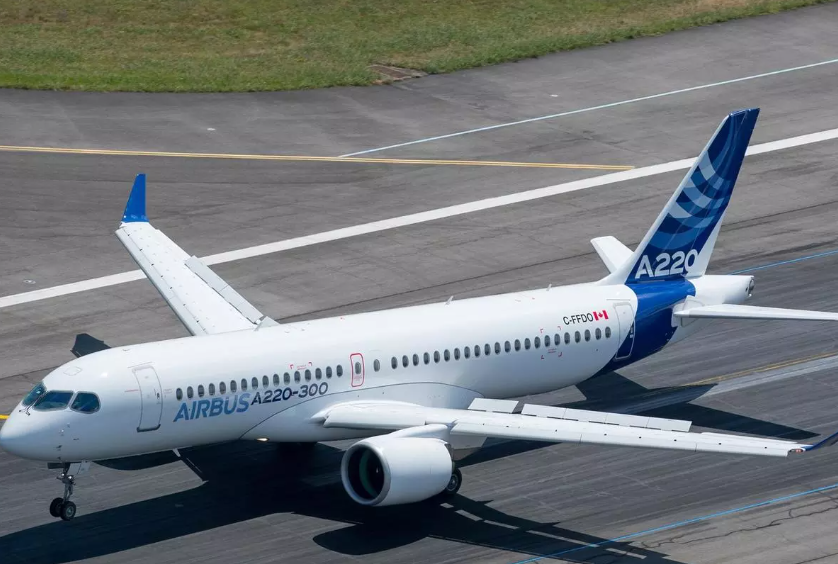
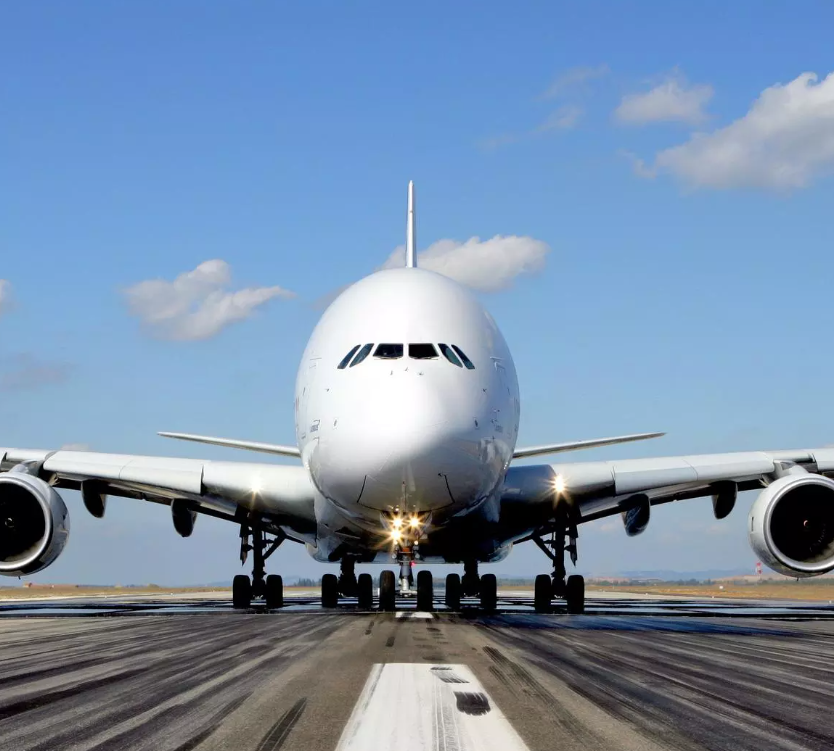
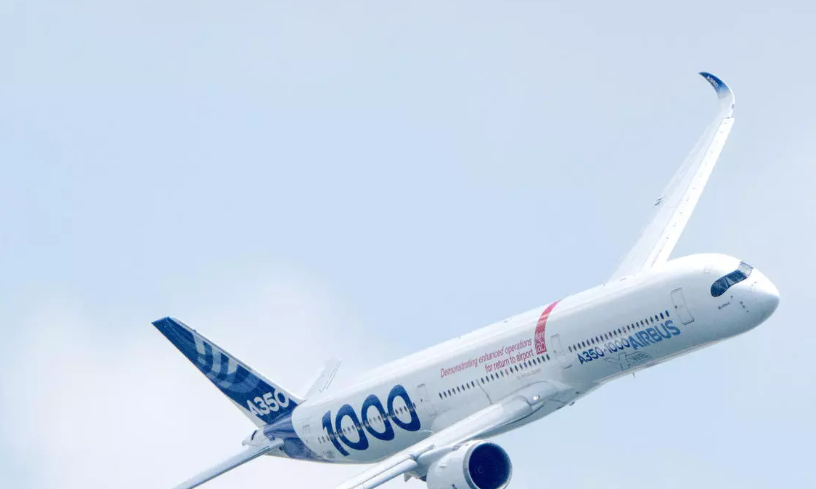
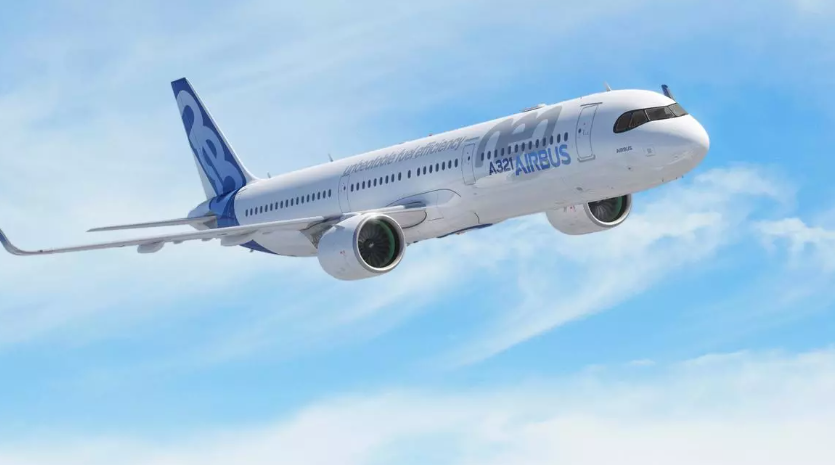
 Gas Turbine
Gas Turbine
 Aircraft parts
Aircraft parts